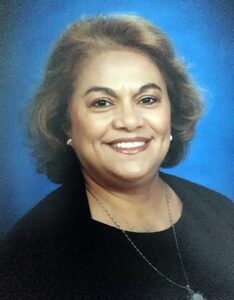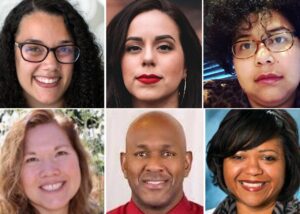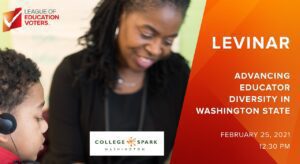Partners in Action – The Spokane Future Teachers of Color Consortium
By Maria Esther Zamora, English Language Development teacher at Spokane Virtual Academy
Guest Blogger
 How can we reduce the disparity between the number of students of color in our community versus the educators of color across the K-12 and higher education systems? This has been the question that I have posted to colleagues, administrators, and community leaders when having courageous conversations.
How can we reduce the disparity between the number of students of color in our community versus the educators of color across the K-12 and higher education systems? This has been the question that I have posted to colleagues, administrators, and community leaders when having courageous conversations.
I have been a proud educator of color in Spokane for 26 years. I am a first-generation immigrant from Mexico, who has worked in various educational systems, from being a professor at Graduate School and University level to now being in the K-12 public education system. I had to reinvent myself when I moved to this area, learn English, and go back to graduate school to get my Teaching Certification credential while raising my family and working full time. It was a difficult endeavor, but not as challenging as to survive in a predominantly white professional field. I have persevered through all kinds of barriers to achieve my most important professional goal, which has been to inspire my students to believe in the power of education to achieve freedom.
I have always felt that there is no better way to transcend than to teach what you know, which is how to maintain your cultural values and contribute to building a multicultural community that embraces minorities in this noble professional field. As a mother of bicultural children and an advocate for immigrants and refuge students and families, I have believed that it is imperative to have more role models and educators that look like us. Furthermore, I have seen the greatness that comes from demonstrating our excellent standards and work ethics to collaborate hand in hand to educate our community. Read More

